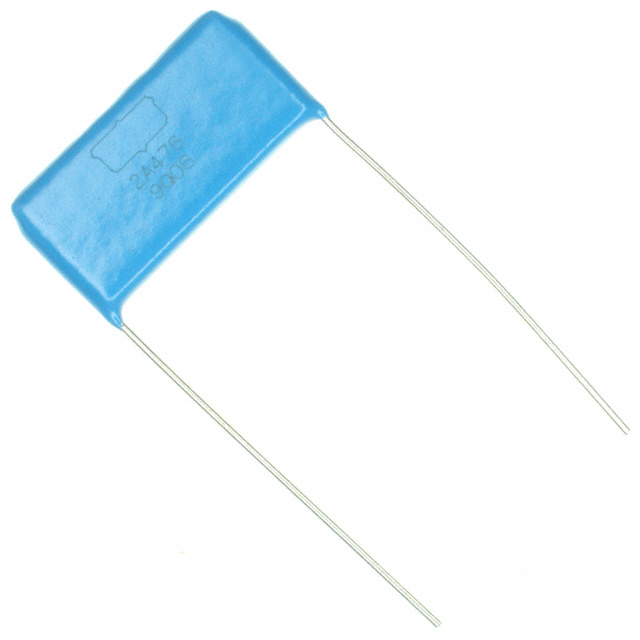If you are using that capacitor at 100kHz I might be interested in it's ESL - series inductance - it's a leaded part and quite large and this may swamp the resistance and give you horrible resonance problems: -
I'd be looking for a capacitor that was specified more fully and it would more likely be a radial electrolytic. I would also consider the benefits of having it in parallel with a 1uF ceramic capacitor and maybe a 100nF - these sorts of devices are usually quite well specified by for high frequencies.
My advice is find a more appropriate solution.
Now my question is, what if I am using this capacitor in my circuit at 100kHz? Its ESR should decrease right?
No, dissipation factor applies at a specific frequency - you can't just calculate ESR at F1 and expect it to become a different value at F2. Wiki tells us: -
DF will vary depending on the dielectric material and the frequency of the electrical signals.

